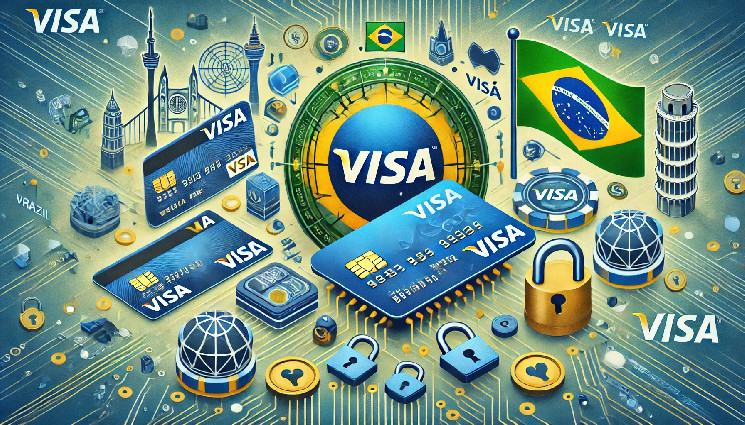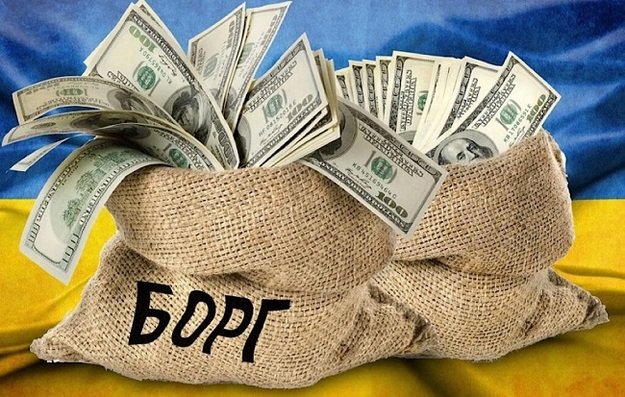- In Brazil, 400 million tokens issued; 63% of online transactions are tokenized, covering various card credentials.
- Leandro Garcia highlights tokenization’s role in securing payments, enhancing user experience, and preventing $650 million in frauds.
Visa has recently achieved the significant milestone of issuing ten billion tokens globally, marking a major step in the adoption of digital payment security measures. In Brazil, the payment giant has issued 400 million tokens, where 63% of the platform’s online transactions are now tokenized. This includes credentials for credit, debit, and prepaid cards, significantly enhancing the security and innovation of digital financial transactions.
Tokenized transactions are considered more secure and are less known to the general public. Visa reports that tokenized operations have a fraud rate five times lower than non-tokenized transactions. This makes tokenization a critical pillar of security for entities processing large volumes of transactions, such as banks and retailers.
“These results demonstrate how Visa tokens help issuers and merchants manage large payment flows in a secure, reliable manner, and in compliance with accountability guidelines. The increase in the adoption of technology improves the consumer experience and enhances their security when shopping online,” explains Leandro Garcia, Executive Director of Digital Payment Solutions at Visa.
Leandro Garcia, Visa’s Executive Director of Solutions for Digital Payments, explains how Visa tokens facilitate the secure and reliable management of substantial payment flows for issuers and merchants. He emphasizes that the increasing adoption of this technology not only enhances consumer experience but also significantly boosts security for online purchases.
As we already mentioned in CNF, tokenization technology, which replaces the 16-digit number of a credit or debit card with a unique and secure “token,” represents innovation for Visa. Each token is unique to each device, website, or application and is stored in a secure environment. Retailers can access the token solely for payment purposes, and storage is allowed only with the consumer’s consent.
“Tokenization is increasingly being used to enhance security, optimize sales conversions and improve the online shopping experience. We see great potential for its growth, both in Brazil and globally, as more issuers, retailers and consumers realize the benefits of technology for their businesses and data protection,” concludes Garcia.
Garcia highlights the growing use of tokenization to improve security, optimize sales conversions, and enhance the online shopping experience. He sees substantial potential for its growth, both in Brazil and globally, as more issuers, retailers, and consumers recognize the benefits of the technology for their businesses and data protection.
Currently, 29% of Visa’s global transactions are tokenized, a technology that prevented $650 million in fraud losses in 2023 alone. This underscores the increasing reliance on and the effectiveness of tokenization in safeguarding digital financial transactions worldwide.













